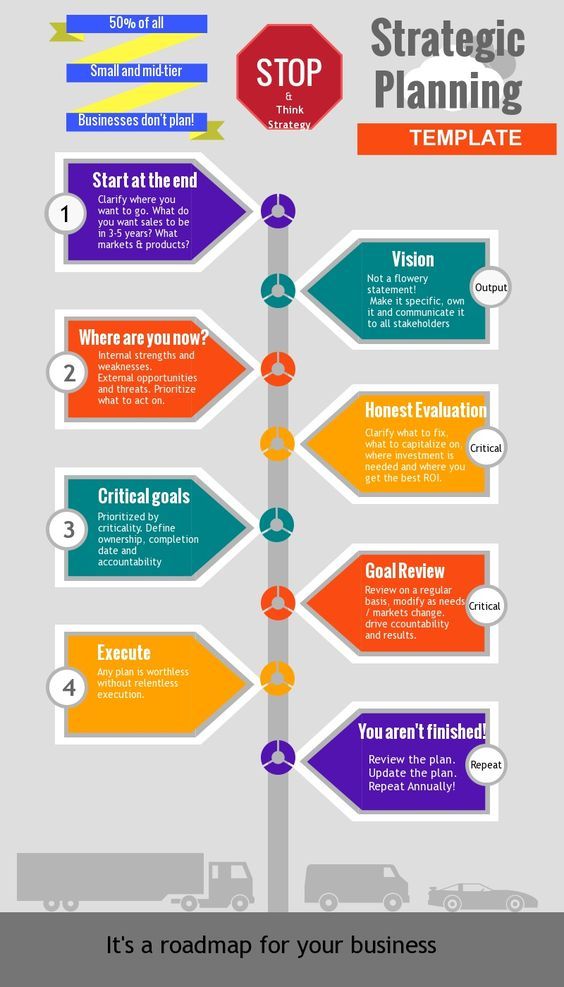Strategic thinking is an essential element for effective leadership in any organization, and it plays a critical role in driving business success. The ability to think strategically enables leaders to identify potential obstacles and opportunities, craft innovative solutions, and make informed decisions that align with organizational goals.
In this article, we’ll explore what strategic thinking is, why it’s important for leaders, and how organizations can develop and foster a culture of strategic thinking.
What is Strategic Thinking?
Strategic thinking is a high-level cognitive process that involves analyzing complex problems, identifying potential opportunities and risks, developing innovative solutions, and anticipating the future. It involves taking a broad perspective and considering multiple factors, including market trends, customer needs, competition, and organizational strengths and weaknesses.
Why is Strategic Thinking Important for Leaders?
Leaders in any organization must possess strategic thinking skills to be effective. Here are some reasons why strategic thinking is so critical for leaders.
1. Facilitates Decision Making:
Strategic thinking enables leaders to make informed decisions to improve organizational performance while ensuring that they address potential risks and opportunities.
2. Promotes Innovation:
Leaders with strategic thinking capacity can identify imaginative solutions. They encourage their team members to be more innovative and creative in problem-solving.
3. Enhances Efficiency:
Strategic thinkers can identify wasteful processes, unnecessary expenses, and, consequently, find ways to maximize resources without compromising the business.
4. Enables Change Management:
Change is inevitable in any organization; hence, leaders must be quick to adapt to new situations. Strategic thinking enables them to plan and prepare for any changes without disrupting the organization’s stability.
5. Enhances Organizational Alignment:
Strategic thinking helps organizational leaders to align their team’s goals with the broader strategic vision of the company.
6. Aligns With Customers
Leaders with strategic thinking can respond to changing consumer needs, align with market trends, and anticipate the future.
7. Fosters Long-Term Thinking:
Strategic thinking enables leaders to engage in long-term planning, positioning their organization for continued growth and success beyond the immediate future.
How Organizations Can Develop a Culture of Strategic Thinking?
Organizations can create a culture of strategic thinking by fostering an environment that supports and rewards innovative thinking. Here are some ways to achieve that.
1. Encourage Open Communication: Leaders should encourage open communication, where employees can ask questions, share their ideas, and collaborate in brainstorming sessions.
2. Provide Education & Training: Provide educational resources and training programs focused on strategic thinking to help develop and maintain the leadership team’s skills.
3. Define Organizational Goals: Leaders should set out clear goals that include Key performance indicators(KPIs). It helps the team to align their individual objectives with the overall vision.
4. Reward Innovation & Creativity: Encourage and reward innovative and creative thinking at all levels of the organization.
5. Analyze and Adapt: Regularly analyze organizational performance and adapt goals and strategies based on changing market trends and shifts in company performance.
You might find these FREE courses useful
- Strategic Management Certificate | IIM Kozhikode | Coursera
- Strategic Sales Management Specialization
- Intro to Strategic Management for Healthcare Organizations
- Strategic Management and Innovation Specialization
Conclusion
Effective leaders must possess strategic thinking skills to manage their organization successfully. Strategic thinking promotes efficiency, enhances decision-making abilities, fosters innovation, and drives long-term growth. Organizations can cultivate a culture of strategic thinking by encouraging open communication, providing education, and training opportunities, defining organizational goals, rewarding innovation and creativity, and analyzing and adapting as needed.
